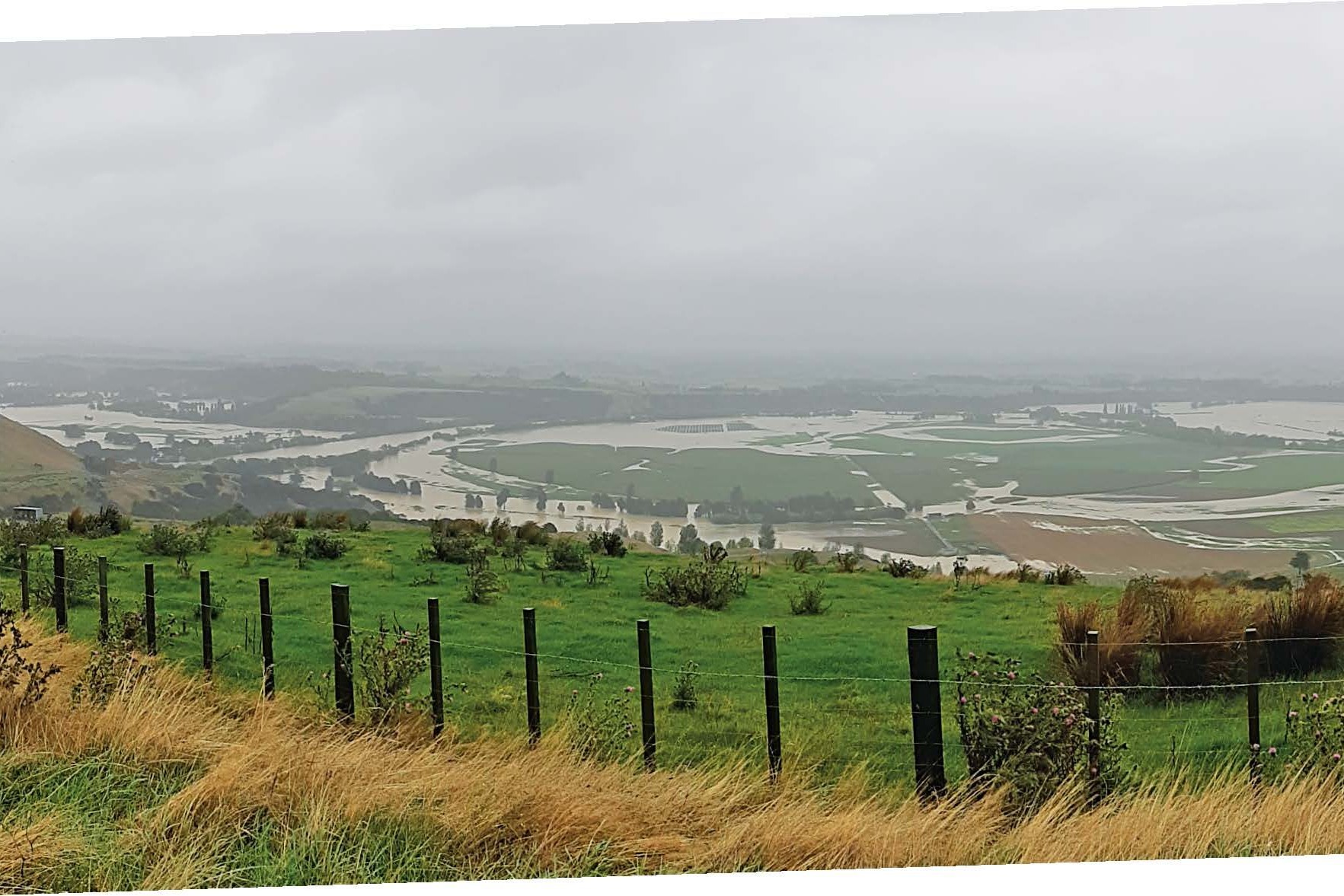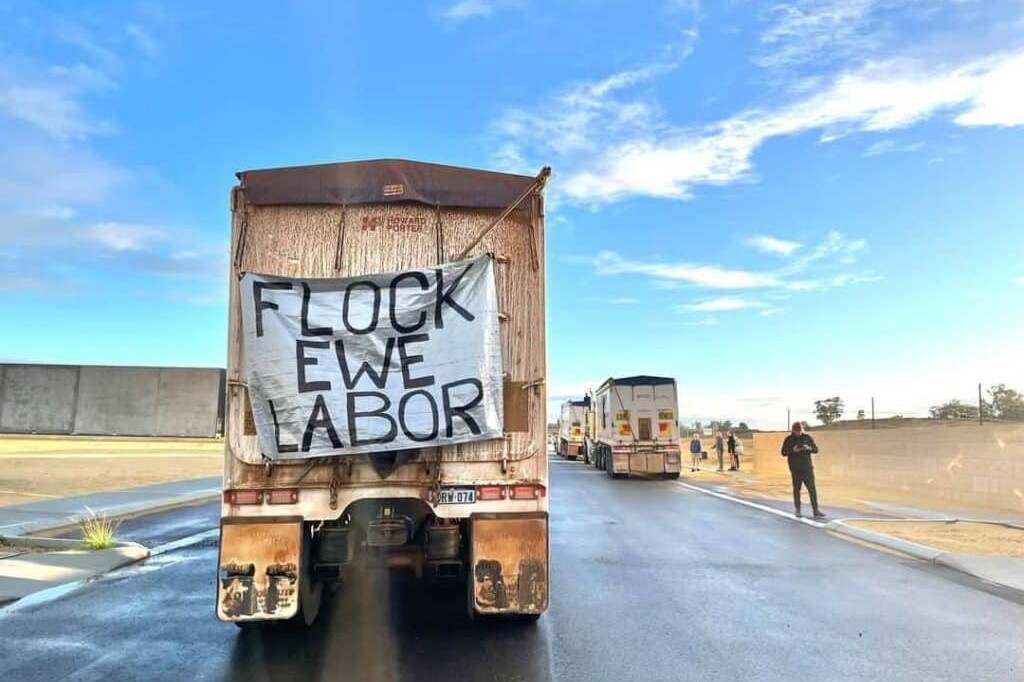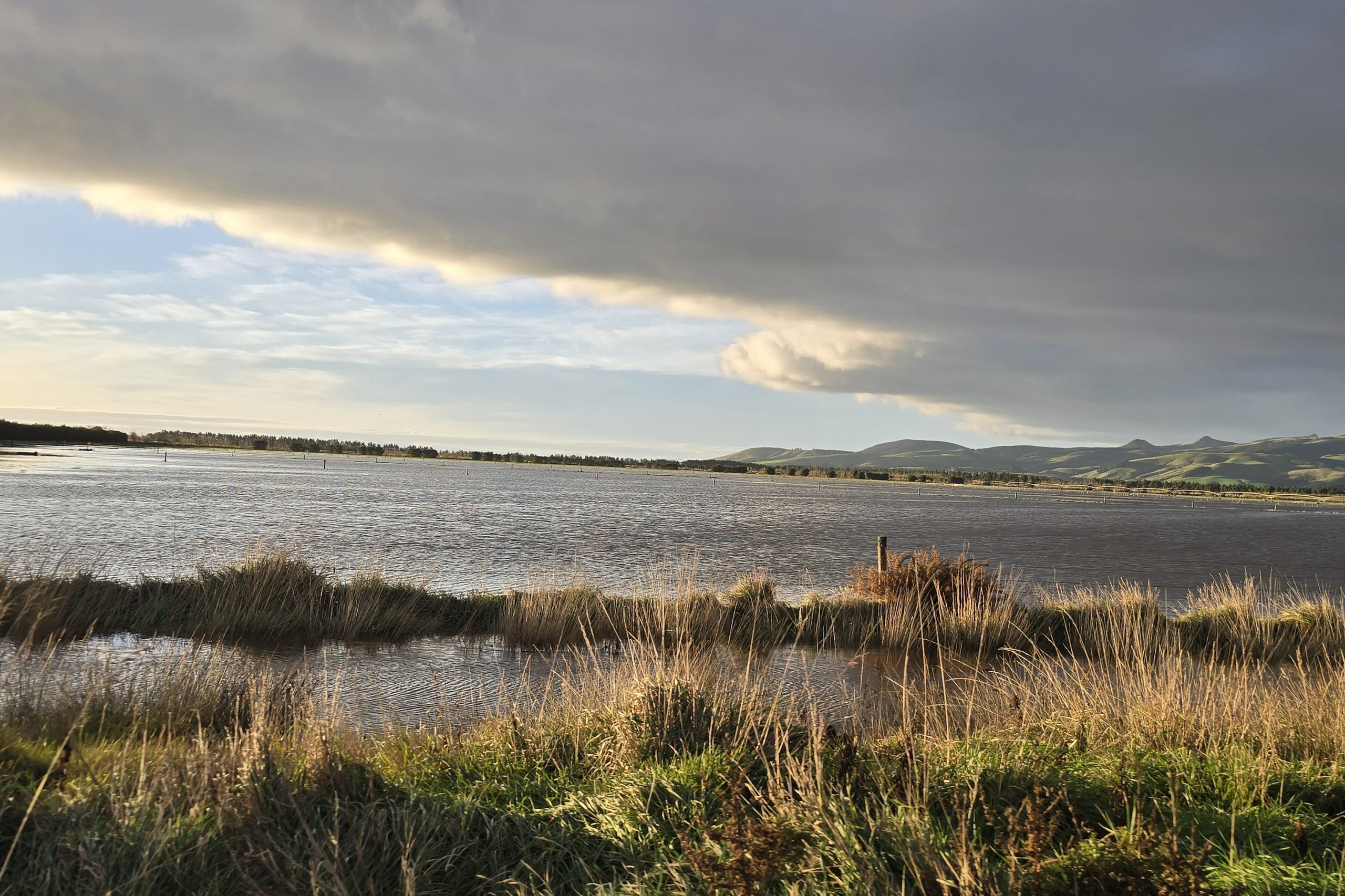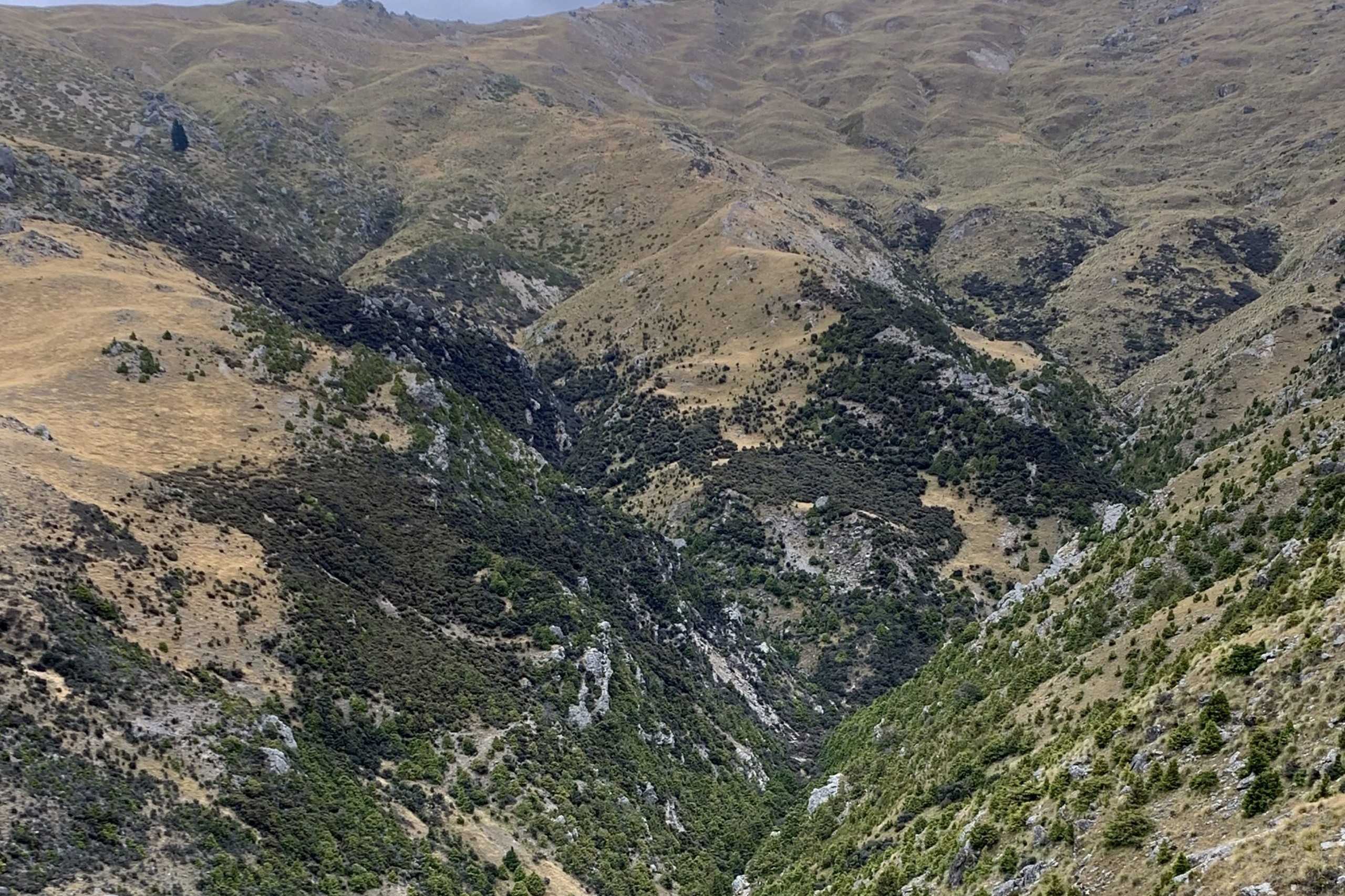Then the floods arrived
First there was December’s rain, then came February’s deluge. Mark Guscott sorts through the damage in Carterton.

First there was December’s rain, then came February’s deluge. Mark Guscott sorts through the damage in Carterton.
I’VE HEARD A SAYING THAT GOES “JUST when you think things are going well”. That was definitely the case this cropping season.
The normal rainfall tally in February is about 40mm, but we ended up with nearly 300mm. Combine that with December’s rain being twice the normal and it ended up being a real shit show when it came to harvesting time.
We harvested ryegrass seed in January as normal with decent yields. Then the floods arrived. A flood here on our river flats isn’t unusual. We have stop banks that keep most of it out and we accept a bit of risk as Mother Nature holds all the trump cards.
It ended up being a big bastard of a flood that over-topped the stop banks and burst them in two places, so the river cranked through our irrigated flats for a couple of days. Goodbye to the sweetcorn and the squash and as usual when things go bad, they are our two best margin crops.
One small paddock of peas was harvested in February, but I probably shouldn’t have even bothered as the yields were terrible. Thankfully our clover seed and maize grain ended up with decent yields so not all is lost.
We’re lucky here that we also have a decent-sized sheep and beef enterprise going on and that has done the heavy lifting for this season in terms of paying the bills. We’ll still end up losing money this year though which is pretty frustrating.
This stuff always happens at the worst times too, doesn’t it? We’ve just done some expansion and taken on more staff and debt to go with it. It has been one of those times when the resilience has been tested and found to be in a good place. That’s been my lesson from this episode.
A large chunk of what we do on the farm is around trading lambs. For the last few years, we’ve been buying 80% of our lambs from three other farmers. It’s been working well and they’re good stock from good farmers and the general timing seems to work for all of us.
But these other businesses don’t stay still either, one has sold to trees, one lost a lease and the third bought a finishing farm of their own and then we went and expanded so I had a higher demand from a lower supply. Two of the original three farms will still supply us in the years ahead but maybe a bit less but we’ve found what we needed for this season and developed a few new contacts for the seasons ahead.
Life is about people, in my opinion, and if we can manage these relationships well then I can’t see why we can’t keep doing business for years into the future.
The old chestnut of inflation has been getting a fair bit of airtime recently. This has happened before and it’ll happen again. It’s a bit unsettling though with some of the costs going up as fast as they have.
We’ve pared back a bit on some inputs but the rubber will hit the road in the spring when we start cropping. Some of the early grain contracts have gone up a lot on the income side but when you add in a best guess at the costs we’ll be worse off growing these crops. There’s a bit of pain still to come for all of us yet I think. I’ll be a lot more thorough when I’m working out these margins during the winter.
I’ve recently read a short story called, “Who stole my cheese?”. It’s about a couple of mice in a maze and I would highly recommend it for those people struggling with all the changes happening now. It’s a light read with lots of good messages, and you might just find something in there that helps navigate your way through your own maze.




